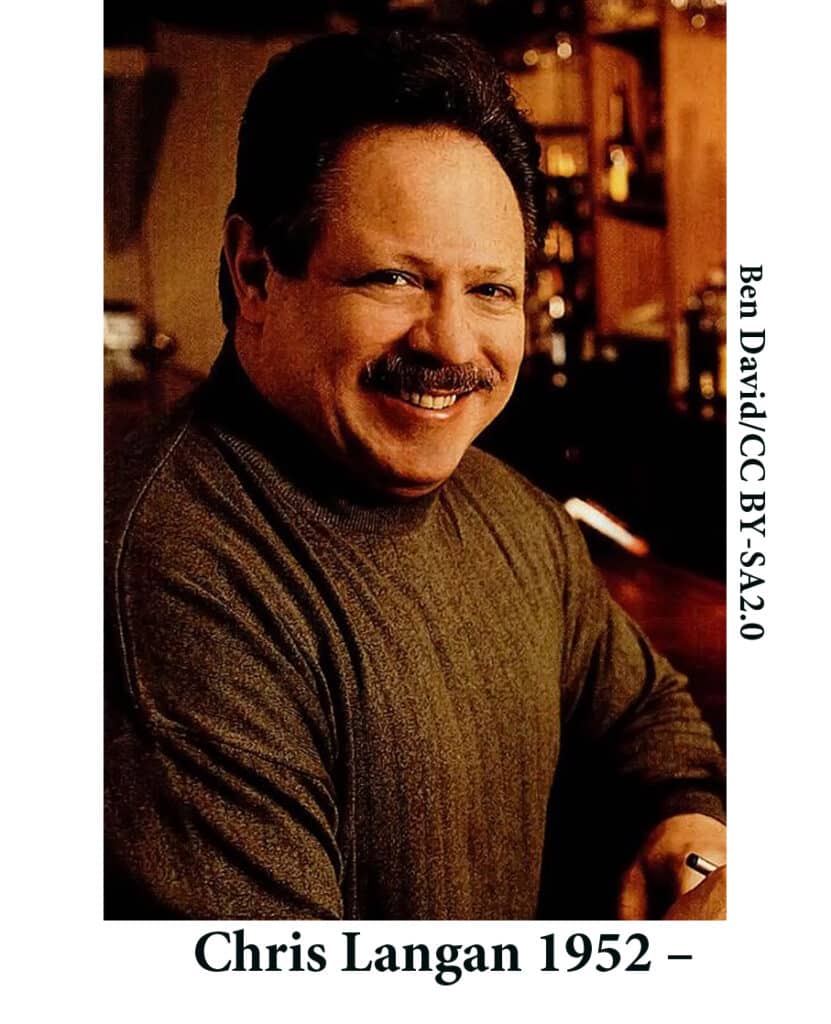
One of the most important factors in achieving at the highest levels is a “can do” attitude. As Henry Ford once observed, “Whether you say you can or you can’t you are correct.” In other words, believing in your ability to be successful is vital to achieving success.
So many of the high achievers in life spent their early formative years in supportive environments in which parents and extended family recognized their gifts and encouraged their development. For example, John von Neumann, father of the programmable computer and co-founder of Game Theory, was readily recognized as a child prodigy by his parents. Possessing an eidetic memory, he displayed at age 6, the ability to divide two eight-digit numbers in his head. His family often entertained guests with demonstrations of his prodigious memory. The guests would randomly select a page from a telephone book for John to scan, and when he had committed a column of names and numbers to memory they would quiz him, and be astounded by his accurate recall. John proceeded to an illustrious career that brought him recognition as one of the great geniuses of the 20th century.
In contrast, we have the story of Chris Langan. In an article titled, The Smartest Man in America, and published in 1999 by Esquire Magazine, author Mike Sager discussed his interviews with individuals of extremely high IQ. The man to whom he assigned the moniker “the smartest man in America” was Chris Langan, 8 years before he won $250,000 on the 1 vs. 100 quiz show. At the time of the interview, Chris was 47 years of age, earning about $6000 a year and living in a cramped and cluttered one-room cabin in Eastport, Long Island. Langan who had begun talking at age 6 months, was extremely precocious and started school in grade 3 at the age of 3. His IQ was off the charts.
Though richly endowed with cognitive gifts, Chris was not gifted with a nurturing home environment. His mother had four sons by four different husbands. The first husband, Chris’s father, disappeared before Chris was born. The second husband was murdered, the third committed suicide, and the fourth, Jack Langan was an alcoholic who beat his sons on a regular basis. To defend himself and his two brothers, Chris took up weight lifting and by age 14, defended himself in a physical altercation that sent his abusive stepfather packing for good. The family lived below the poverty line, moving across the country to support their hand-to-mouth existence. Chris’s brilliance earned for him a scholarship to the upscale Reed College, but Chris did not fit in with the urbane culture of his fellow students. Troubled experiences during his formative years, combined with the social detachment that often accompanies cognitive giftedness, made it difficult for Chris to navigate the challenges of human interaction, and he dropped out of college before completing his degree. In the end, Chris emerged with a comfortable lifestyle, but he never achieved at a level commensurate with his ability.
Although the family environment is vitally important in its influence on the conversion of intellectual gifts into achievement, the school environment also plays a vital role. Inspirational teachers are invaluable in their ability to recognize and nurture the development of gifted students. Brilliant students who often face isolation from classmates who perceive them as “nerds” or “wierdos”, often find vital encouragement from a teacher who can serve as a mentor to their development. Such teachers make a huge contribution to our society, because they augment the potential of those equipped to make the greatest contributions. .
When we look at some of the most successful people in business, we observe that Bill Gates went to the private Lakeside School that gave him access to computers before computers were in many public schools. Jeff Bezos was in the gifted program in Texas, and Steve Jobs skipped a grade in school and was given special mentoring by his teachers.
Then there was Sir Richard Branson who was dyslexic and dropped out of school. His advantage was that his mother brought him up with “tough love” At eight years of age, Richard was sent to boarding school to learn self- reliance. When he was ten, his mother raised the ante in yet another move to prepare her son for life’s challenges. On this occasion she drove him 50 miles from home but provided him with a map, a sandwich, and a bicycle before driving off to let him find his way back. In his memoirs he spoke of finding a relative’s house and spending the night on the trek across the English countryside. As the saying goes, “What doesn’t break you, makes you.” Branson went on to found the Virgin Group known mostly through its Virgin Airlines.
Experiences during our formative years are the most important factors in the conversion of talent into achievement, because that is the time in life when we develop our talents, and especially our self-efficacy. The path to success is paved with an unrelenting struggle against obstacles, and only those who have developed the necessary skills and attitudes can complete the journey.
